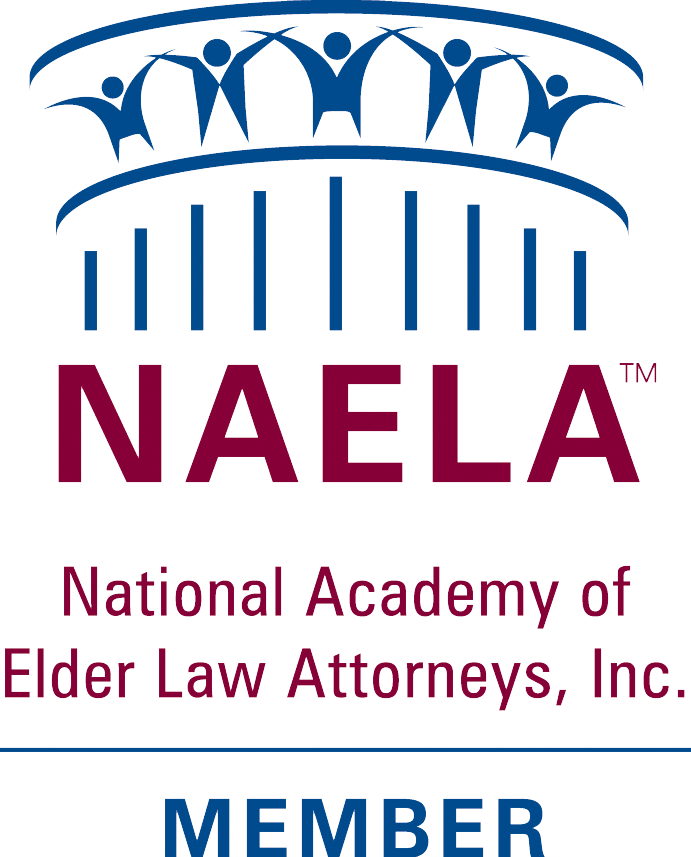 Anytime you sell real property, you will incur closing costs. In this article I will try to briefly outline these costs. Closing costs should not be confused with Capital Gains Taxes, which are income taxes payable by a seller based on the seller’s profit and are reportable on the seller’s income tax return. Closing costs are the costs which must be paid at the closing in order to complete the transaction. In most cases, the biggest closing cost will be the broker’s commission. Most broker’s commissions in New York are anywhere from 4% to 6% of the sale price and this fee is usually payable at the closing. Another common closing cost is transfer taxes which are usually payable to the State and City. In New York City for example, the seller on a residential transaction must pay a transfer tax of 1.0% to 1.425% of the sales price to NYC. In addition, New York State has its own transfer tax which is equal the 0.4% of the sales price. If you live outside of New York City, then the transfer taxes, if any, depend on your jurisdiction. These taxes are usually paid to the title company and the title company will make sure the transfer taxes are paid after the closing.
Anytime you sell real property, you will incur closing costs. In this article I will try to briefly outline these costs. Closing costs should not be confused with Capital Gains Taxes, which are income taxes payable by a seller based on the seller’s profit and are reportable on the seller’s income tax return. Closing costs are the costs which must be paid at the closing in order to complete the transaction. In most cases, the biggest closing cost will be the broker’s commission. Most broker’s commissions in New York are anywhere from 4% to 6% of the sale price and this fee is usually payable at the closing. Another common closing cost is transfer taxes which are usually payable to the State and City. In New York City for example, the seller on a residential transaction must pay a transfer tax of 1.0% to 1.425% of the sales price to NYC. In addition, New York State has its own transfer tax which is equal the 0.4% of the sales price. If you live outside of New York City, then the transfer taxes, if any, depend on your jurisdiction. These taxes are usually paid to the title company and the title company will make sure the transfer taxes are paid after the closing.
In nearly all transactions, the buyer will obtain title insurance from a title company. The purpose of the title insurance is to ensure to the buyer that the property is being sold free and clear of any liens or title issues. Therefore, the title company will make sure that all other debts associated with the property are paid in full as of the date of closing. Any outstanding mortgages, credit lines, judgements, or liens on the property must usually be paid and/or satisfied at (or before) the closing. If you are paying off a mortgage at the closing, there may also be fees to the bank which are also paid along with a Mortgage Satisfaction Recording fee paid to the title company. In most cases, any violations against the property or Certificate of Occupancy issues must also be resolved at or before the closing. Also, any outstanding real estate taxes and water sewer charges are usually paid to the title company at the closing. The title company will also charge filing fees and escrow services fees where applicable. It is also customary to pay a “pick up” to the title closer at the closing. In most cases, the seller also gives the buyer a $500 “Property Condition Disclosure Credit” in lieu of a Property Disclosure Statement. If you are selling real property located in New York State and you are a non-resident, then the title company may also take a withholding tax of up to 10% of the sales price. The seller will also have to pay attorney’s fees to their attorney. These costs are usually summarized in a Closing Statement issued by the seller’s attorney after the closing. Most of these costs are also tax deductible to the seller. Consult with a real estate attorney in your area to get advice on closing costs before you enter into a contract to sell your property.
You can email your questions to [email protected]

